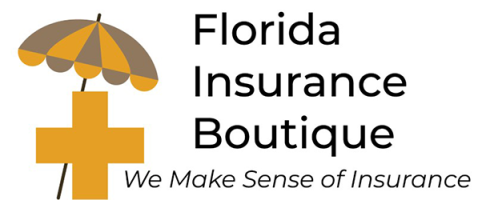
Health insurance is a critical component of financial planning and well-being. It helps cover the costs of medical expenses, providing a safety net in case of illness or injury. With rising healthcare costs, having adequate health insurance can protect you from significant financial burdens. This blog aims to demystify health insurance, its benefits, types, and how to choose the best plan for you and your family.
What is Health Insurance?
Health insurance is a contract between an individual and an insurance company. In exchange for regular premium payments, the insurer agrees to cover a portion of the insured’s medical expenses. This can include doctor visits, hospital stays, prescription medications, and preventive care.
Why is Health Insurance Important?
- Financial Protection: Medical emergencies can be expensive. Health insurance helps mitigate these costs, ensuring you don’t have to deplete your savings or incur debt to pay medical bills.
- Access to Care: With insurance, you have access to a network of healthcare providers and facilities, ensuring you receive timely and quality care.
- Preventive Services: Many health insurance plans cover preventive services such as vaccinations, screenings, and annual check-ups at no additional cost. These services can help detect health issues early, improving outcomes and reducing long-term costs.
Types of Health Insurance Plans
- Health Maintenance Organization (HMO): Requires members to use a network of doctors and hospitals. A primary care physician (PCP) manages your care and provides referrals to specialists.
- Preferred Provider Organization (PPO): Offers more flexibility in choosing healthcare providers and specialists. You don’t need a referral to see a specialist, but using in-network providers will cost less.
- High Deductible Health Plan (HDHP): Usually paired with a Health Savings Account (HSA), these plans have higher deductibles but lower premiums. They are suitable for those who are generally healthy and want to save on premiums.
- Catastrophic Health Insurance: Designed for young, healthy individuals or those who cannot afford traditional health plans. These plans have low premiums but very high deductibles and are intended to cover worst-case scenarios.
Choosing the Right Health Insurance Plan
Selecting the right health insurance plan can be daunting. Here are some tips to help you make an informed decision:
- Assess Your Needs: Consider your healthcare needs and those of your family. Do you have any chronic conditions that require regular treatment? Do you prefer certain doctors or hospitals?
- Compare Costs: Look beyond the monthly premium. Consider other costs such as deductibles, co-pays, and out-of-pocket maximums. Calculate your potential annual healthcare expenses under different plans.
- Check the Network: Ensure your preferred healthcare providers and facilities are in-network. Out-of-network care can be significantly more expensive.
- Review Benefits: Compare the benefits offered by different plans. Look for coverage of essential services like prescription drugs, mental health care, maternity care, and preventive services.
- Consider Additional Coverage: Some plans offer additional coverage options like dental, vision, or wellness programs. Determine if these benefits are important to you.
- Understand the Policy Terms: Read the policy documents carefully. Pay attention to terms like coverage limits, exclusions, and the process for filing claims.
Health insurance is a crucial investment in your health and financial security. By understanding the different types of plans and carefully evaluating your needs, you can choose a policy that provides the right balance of coverage and cost. Remember, the best health insurance plan is one that fits your specific circumstances and gives you peace of mind knowing you are protected against unforeseen medical expenses.
Investing time in understanding and selecting the right health insurance can lead to better health outcomes and financial stability. Don’t wait until you need medical care to realize the importance of health insurance—take steps now to secure the coverage that best meets your needs.

